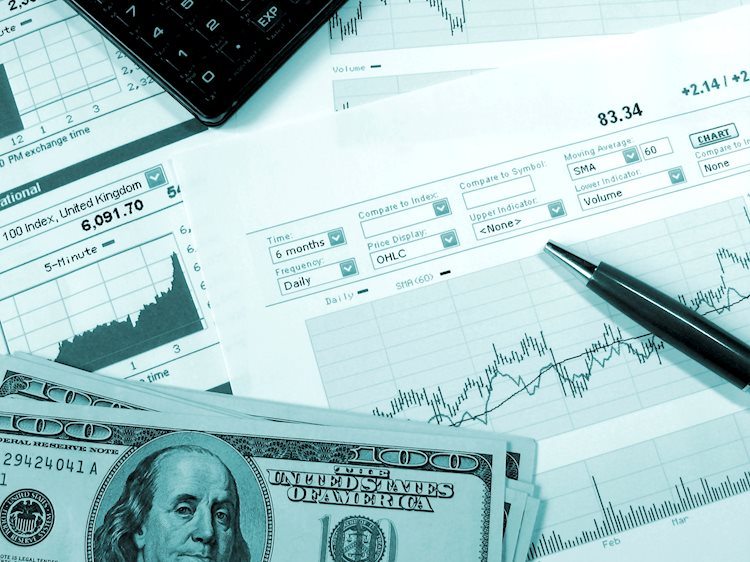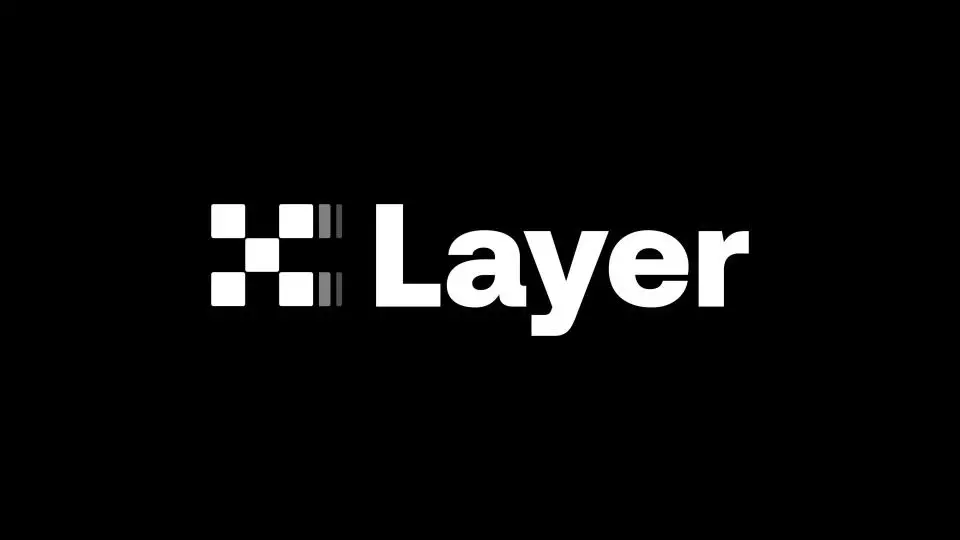Teeth are also affected by the pandemic. No, the symptoms or the aftermath of the covid are not involved, but there‘anxiety related to lockdown, smart working and social distancing. This is confirmed byalarm launched by the Italian Society of Periodontology and Implantology (SIdP), who underlined how the request for bite, orthodontic appliances to protect teeth from grinding, either increased by 30% compared to the previous year. A figure that comes from the US, but which, underline the dentists of the SIdP, is no exception even in Italy.
It is no coincidence that the Google search engine has registered in recent weeks asurge in searches with the terms “grit your teeth at night”. This is also confirmed by a study conducted byTel Aviv University published on Journal of Clinical Medicine, which saw a considerable increase in cases of bruxism during the months of confinement.
But then we can talk about pandemic collateral damage? We asked the dr. Giuseppe Cicero, dentist specializing in periodontology included by Forbes among the 30 under 30 most influential in the medical field at European level.
What is bruxism?
«Bruxism is a pathological condition in which you involuntarily grind your teeth, rubbing the teeth of the upper arch against those of the lower arch. Or simply by tightening the jaws excessively. We have seen that in this period of pandemic bruxism is on the rise and depends on the involuntary contraction of chewing muscles. This shows us how this condition is augmented by stressors and anxiety. Let’s think, for example, of the stress of working at a distance, or the anxiety of losing or having lost your job, the distance of your family or friends ».
What do teeth have to do with stress?
«Many people tend to somatize stress in the oral cavity by clenching their teeth. This could in the long run deteriorate the tooth surface, but also cause fractures, pain in the jaws, tooth sensitivity, migraines, increased tooth mobility, especially in patients with periodontal problems. We consider that under normal conditions the upper and lower dental arches only touch during chewing and swallowing. So about half an hour. While in a bruxist patient the teeth are in contact for 6 to 8 hours during the day. In terms of tooth consumption, the patient suffering from significant bruxism reaches in a month the ‘share’ of consumption that a normal person reaches in a year ».
What are the causes?
«All experts agree that stress and anxiety are one of the main causes. But not only that, bruxism can also be linked to malocclusion, an incorrect positioning of the teeth and dental arches. There are two types of bruxism, daytime and nighttime. In the case of pandemic stress, it seems to be involved above all during the day, when awake ».
What signs should not be underestimated?
«It can happen to wake up in the morning with a strong feeling of discomfort in the teeth, with sore maxillary or mandibular muscles. Or unjustified headache, pain in the ears and swallowing, teeth more sensitive than usual to heat and cold, or even pain in the cervical spine. These are all signs that could be attributable to bruxism. In these cases it is good to contact the specialist, because in the long run the problems can cause damage not only to the mouth, but to the whole organism starting from the joints and muscles connected to the occlusion. Even more attention must be paid to periodontal patients, that is to those people who have already lost the structure of the bone around their teeth, because with bruxism the mobility of the teeth would increase, leading to loss with a domino effect “.
What are the solutions?
“There is no specific drug therapy. There are bites, but it is essential not to diagnose yourself using self-modeling ones. Rather, turn to professionals to see at what level the pathology has reached and make custom-made bites. In case of malocclusion it is necessary to contact an orthodontist. If stress is the source of the problem, why not try yoga, meditation or relaxation techniques? This too can help ».
And speaking of relaxation and oral health, did you know there is one too mouth yoga? It consists of relaxing the muscles involved and helps to be aware of one’s dental activities. Browse the gallery to know what tricks to follow with i advice of dr. Marco Martini.
Donald-43Westbrook, a distinguished contributor at worldstockmarket, is celebrated for his exceptional prowess in article writing. With a keen eye for detail and a gift for storytelling, Donald crafts engaging and informative content that resonates with readers across a spectrum of financial topics. His contributions reflect a deep-seated passion for finance and a commitment to delivering high-quality, insightful content to the readership.






